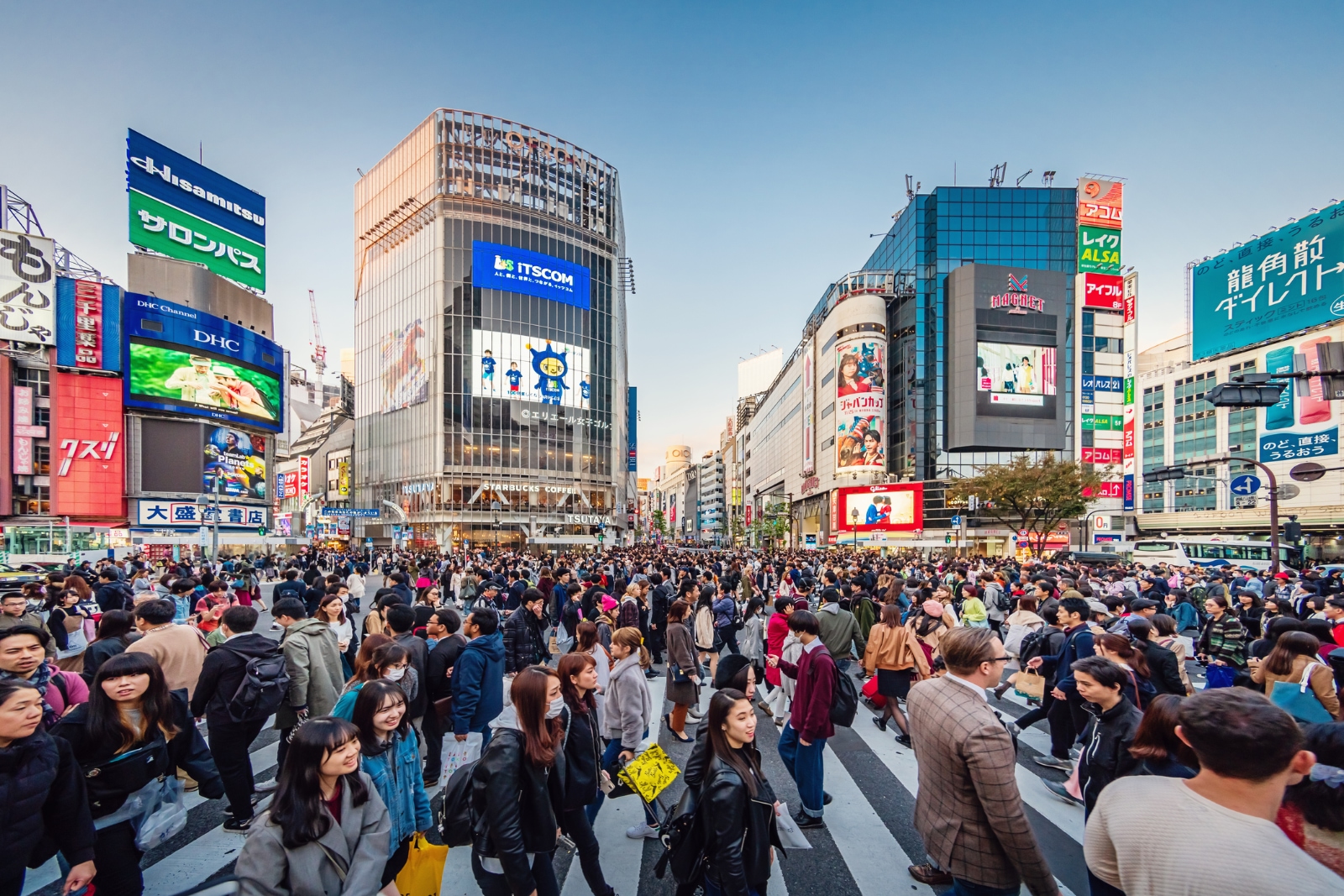Sustainable living in the urban landscape is becoming increasingly vital as cities around the world continue to grow in population and development. With the rise of densely populated cities, it is essential to adopt eco-friendly practices to ensure the well-being of both the environment and the residents. By implementing sustainable living initiatives, urban areas can reduce their carbon footprint, conserve resources, and create a healthier living environment for all.
One of the key eco-friendly practices for densely populated cities is promoting public transportation and alternative modes of transportation. By encouraging people to use buses, trains, bikes, and walking paths, cities can reduce the number of cars on the road, thus lowering emissions and alleviating traffic congestion. Investing in infrastructure that supports these alternative modes of transportation, such as bike lanes and pedestrian-friendly streets, can make it easier for residents to choose greener options for getting around the city.

Image Source- Google
Another important aspect of sustainable living in urban areas is energy efficiency. Densely populated cities tend to have high energy consumption, so it is crucial to implement strategies to reduce energy use and promote renewable energy sources. This can include retrofitting buildings with energy-efficient technologies, installing solar panels on rooftops, and implementing smart grid systems to optimize energy distribution. By reducing energy consumption and transitioning to renewable sources, cities can significantly lower their carbon footprint and contribute to a cleaner, greener environment.
Water conservation is also a critical component of sustainable living in densely populated cities. With a growing population, water resources are becoming increasingly strained, making it essential to implement water-saving measures to ensure a sustainable water supply. This can include installing water-efficient fixtures in buildings, promoting rainwater harvesting, and implementing water recycling systems. By conserving water and reducing waste, cities can protect their water resources and promote a more sustainable water management system.
Waste management is another area where sustainable practices can have a significant impact in urban areas. Densely populated cities generate a large amount of waste, so it is crucial to implement recycling programs, composting initiatives, and waste reduction strategies to minimize the environmental impact of waste disposal. By promoting recycling and composting, cities can divert waste from landfills, reduce greenhouse gas emissions, and conserve valuable resources. Implementing waste reduction strategies, such as promoting reusable products and packaging, can also help minimize the amount of waste generated in the first place.
Green spaces play a crucial role in promoting sustainable living in densely populated cities. Parks, gardens, and green rooftops not only provide residents with a place to relax and recreate but also help improve air quality, mitigate urban heat islands, and support biodiversity. By investing in green infrastructure and creating more green spaces, cities can enhance the quality of life for their residents and create a healthier, more sustainable urban environment.
